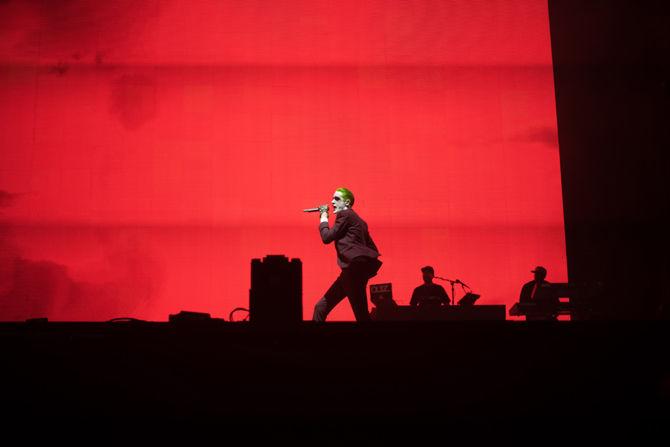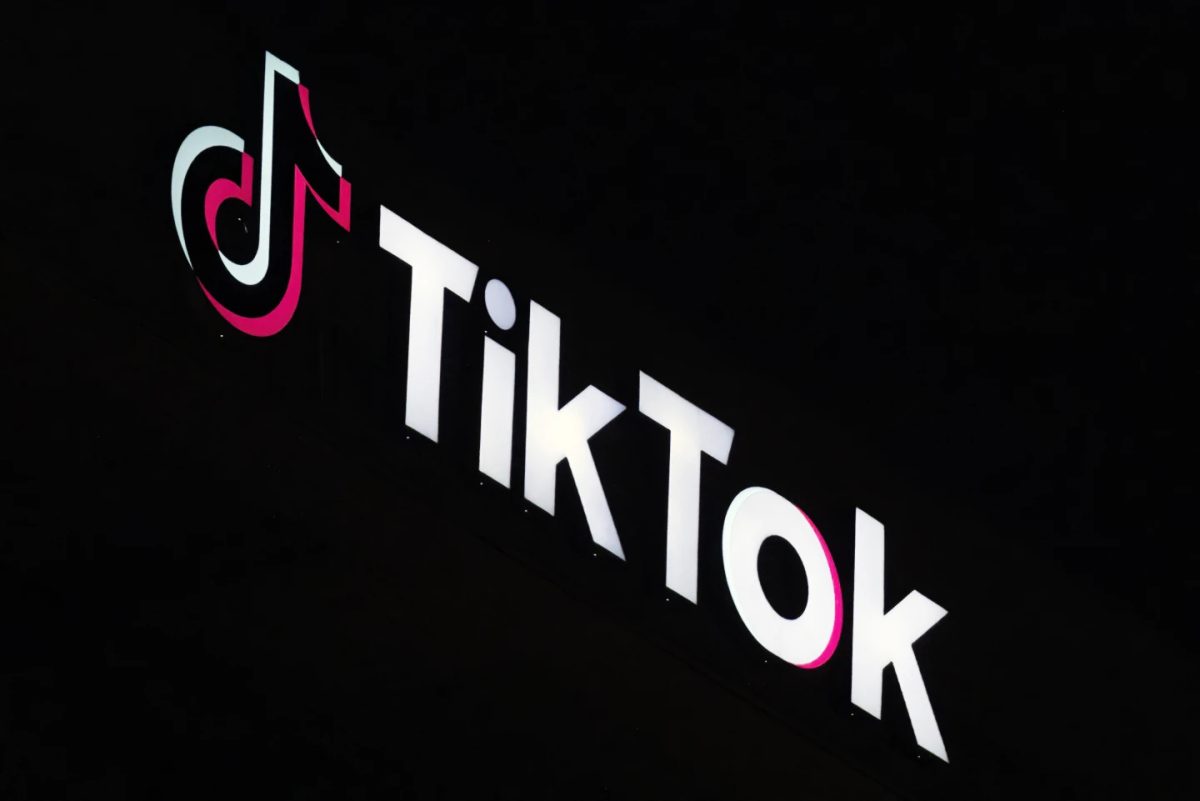At a recent Tampa concert, the rapper known as “DaBaby” slapped a female audience member for holding her phone too close to his face. Although he is now facing a lawsuit from the woman, this kind of incident wasn’t a first for him.
DaBaby’s history with assault brings up a long-overlooked conversation about the general degradation of women in rap songs and culture. Spanning from verbal abuse all the way to physical cases, the hypersexualization of women’s bodies by men has been present in both rap music and pop music alike for years.
It takes a lot to acknowledge something as crude or crass these days, leaving artists constantly attempting to one-up each other in the most ridiculous ways possible. It’s scary to imagine the impact this has on young men, especially with the wide range of colorful yet derogatory terms for women popularized in rap music.
Not only are these words hurtful, they are also used to slut-shame women who are in control of their own sex life. Even when used in an endearing way, these names objectify and degrade women, making them into bodies rather than people.
Between lyrics about infidelity and domestic violence, the messages that young teens and adults are hearing daily are extremely questionable. These songs perpetuate a cycle of complicity in the industry which continues to pump out graphic songs depicting violence and hate.
It seems as if this trend stems from some sort of toxic masculinity, where rappers must establish themselves by practicing this socially-taught misogyny. And everyone has been okay with this, until women began fighting back.
Within the past few years, women in the industry have made strides to change this mentality. Most notably, Megan Thee Stallion created the “Hot Girl Summer” movement only last year, reversing the long-held playboy culture.
If you were on social media at all from May to September of 2019, you may be familiar with the term “hot girl summer.” Although it’s described as a unisex phrase meant to encourage confidence and having fun, memes skyrocketed it to popularity by putting women in the place of the traditional “ladies’ man.”
Plenty of female artists’ careers have been booming, including Cardi B and Doja Cat. Their music comes as a refreshing change from male-dominated playlists, giving audiences fun music instead of degradation. However, we still see issues with the artists themselves, like Cardi B staying in a relationship with rapper Offset despite his publicly and repeatedly cheating on her.
There’s a need for more women in the industry. As female viewership grows, so should female representation. If the rap and hip hop industry is going to continue to prosper as one of the biggest industries in the world, artists need to realize that misogyny is no longer congruent with the times. Constantly creating content that tears down women is an ugly cycle that teaches audiences the wrong message.
Gabrielle Martinez is a 19-year-old mass communication freshman from Gonzales, Louisiana.








